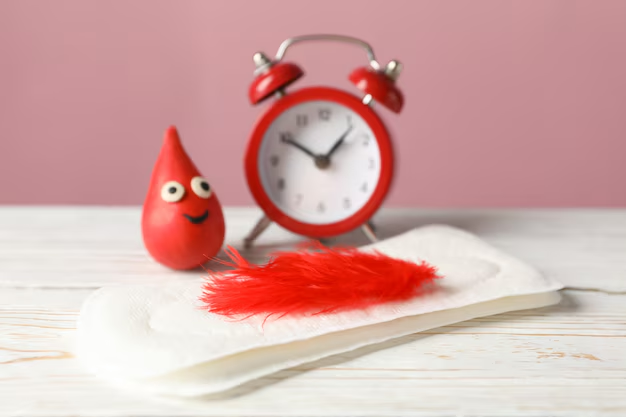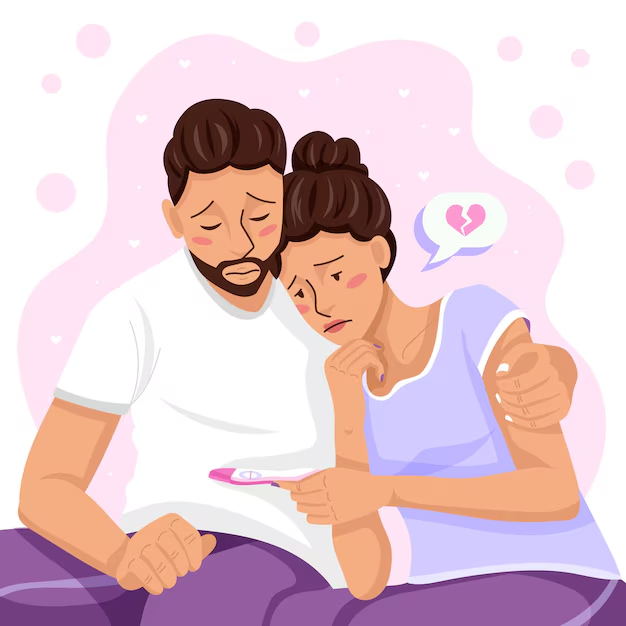Preventing rashes or infections

The menstrual cycle is a natural and essential part of life for many women and people who menstruate. While the focus often remains on managing cramps, mood swings, and tracking the cycle, an equally important yet overlooked aspect is maintaining hygiene to prevent rashes or infections.
Skin irritation, itching, or rashes during periods can make an already uncomfortable time even worse. Worse still, poor menstrual hygiene can lead to fungal or bacterial infections, urinary tract infections (UTIs), or vaginal irritation. The good news is that with a few mindful practices, you can easily maintain cleanliness and comfort throughout your period.
Here’s how you can protect yourself and prevent rashes or infections during menstruation:
1. Change Your Sanitary Product Regularly
Whether you're using sanitary pads, tampons, menstrual cups, or period panties, changing them regularly is crucial.
-
Pads & Tampons: Change every 4–6 hours, even if your flow seems light. Prolonged use can lead to bacterial growth.
-
Menstrual Cups: Clean and empty every 8–12 hours. Sterilize before and after your cycle.
-
Period Panties: Change them daily and wash with gentle, unscented detergent.
👉 Tip: Using the same pad or tampon for too long can cause skin chafing, odor, and increase the risk of Toxic Shock Syndrome (TSS).
2. Maintain Proper Cleaning Practices
-
Gently wash the vaginal area with warm water and mild, unscented soap once or twice daily.
-
Do not douche or use harsh intimate washes that disturb the natural pH balance.
-
Always wipe from front to back after using the toilet to prevent bacteria from the anus reaching the vagina.
👉 Tip: Pat the area dry instead of rubbing to avoid friction that can lead to rashes.
3. Wear Breathable Underwear and Clothing
Tight, synthetic underwear traps moisture and heat, encouraging bacteria and fungus growth.
-
Choose cotton underwear that allows air circulation.
-
Avoid wearing tight jeans or leggings for extended periods during your period.
-
Change out of damp clothes immediately, especially after workouts or sweating.
4. Use Rash-Preventing Products (When Necessary)
If you’re prone to rashes or irritation:
-
Use anti-rash creams or unscented barrier creams (consult a doctor if unsure).
-
Consider switching to fragrance-free pads or organic menstrual products.
-
If irritation persists, try hypoallergenic or ultra-thin pads to reduce friction.
👉 Caution: Avoid talcum powder or heavily scented products in the vaginal area.
5. Track Your Cycle and Monitor Symptoms
Regularly tracking your cycle helps you plan better for your period and manage hygiene proactively.
-
Use apps to track flow levels and changes in discharge or odor, which might signal infections.
-
If you notice unusual itching, burning, or strong odor, consult a gynecologist immediately.
👉 Tip: Knowing your cycle also helps in preparing and carrying spare products when needed.
6. Dispose of Used Products Properly
Improper disposal can contribute to infections—both personal and environmental.
-
Wrap used pads or tampons in toilet paper or provided disposal covers and dispose of in a sanitary bin.
-
Never flush pads, tampons, or liners down the toilet.
-
Wash reusable products like menstrual cups or cloth pads thoroughly.
Conclusion
Menstrual hygiene is more than a routine—it's a form of self-care. Preventing rashes and infections during your period starts with regular changes, gentle cleaning, breathable clothing, and mindful product usage. Tracking your cycle and being prepared goes a long way in ensuring you stay comfortable, confident, and healthy throughout the month.
Make your period days a time of mindful care—not discomfort. Because when your body feels good, you feel empowered.
Related Articles

Pregnancy Test Calculator: Know the Best Time to Test

Avoiding risky movements

Calming bedtime drinks

The Role of Menstrual Blood in Traditional Medicine

he Best Time to Get Pregnant: Understanding Your Ovulation Cycle

Choosing mild shampoos

Eating for skin and hair health

What foods to avoid (raw, undercooked)